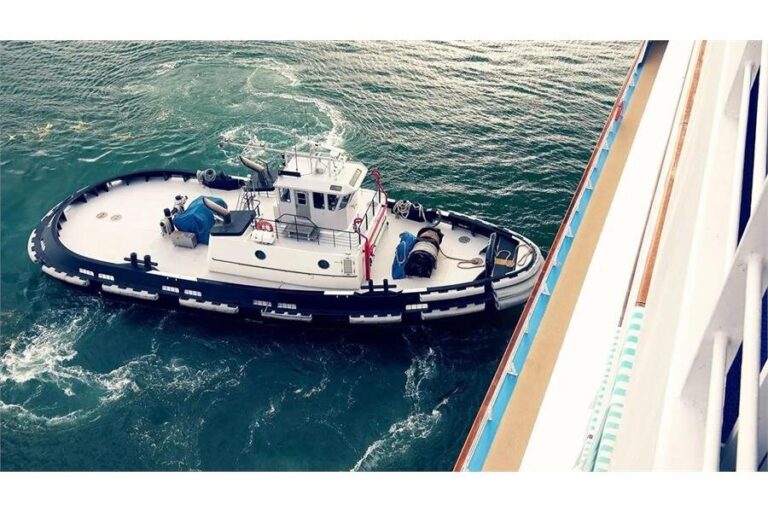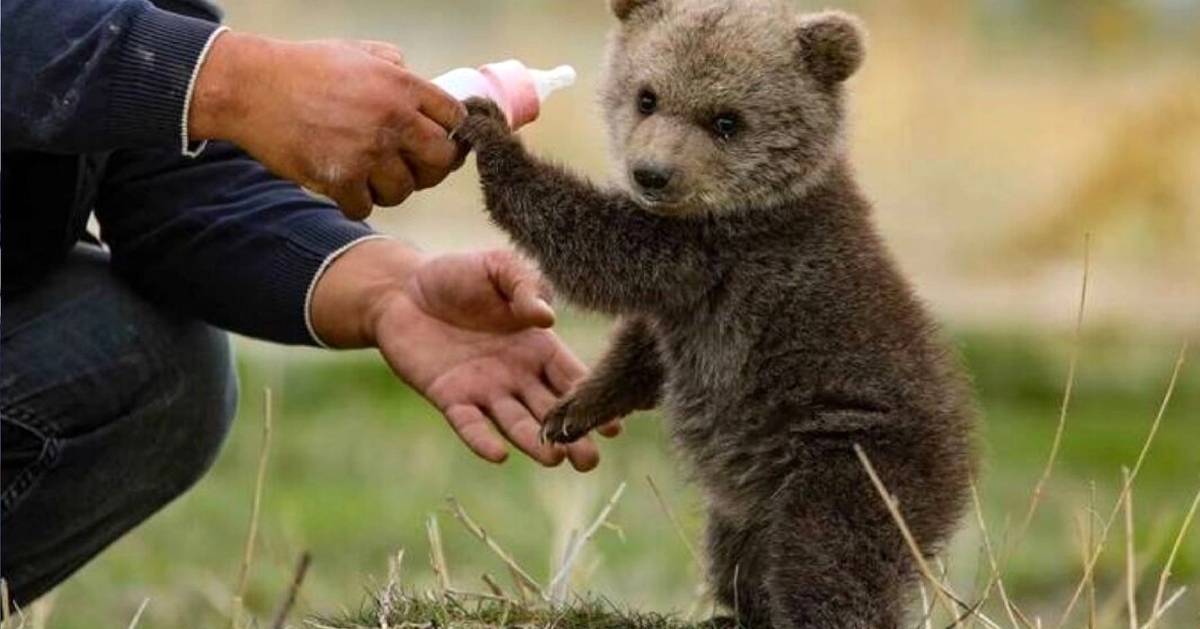
Similar Posts
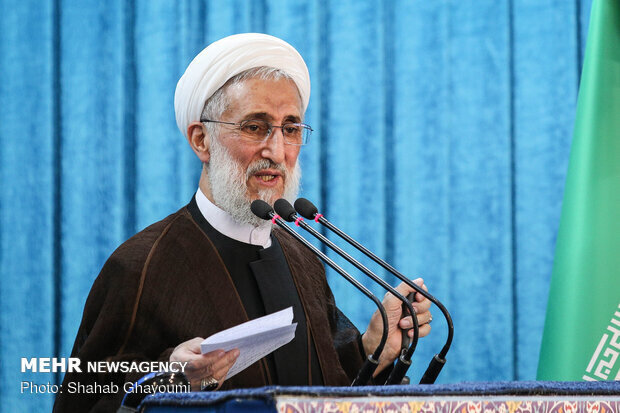
Cleric Calls for Boosted Initiatives to Attract Investment Opportunities
As the year 1404 begins, Ayatollah Seyyed Ali Khamenei emphasizes “Investments for Production” as crucial for Iran’s economic growth and job creation. Senior cleric Kazem Sediqi supports this theme, urging the government to foster a favorable investment climate and encourage public participation in production ventures. He highlights the importance of supporting knowledge-based companies and instilling a culture that values investment. Sediqi stresses that without a strong investment foundation, goals of enhancing production and job creation will remain unmet. The collaborative efforts of government, private sector, and citizens are essential to leverage investment for a prosperous future.
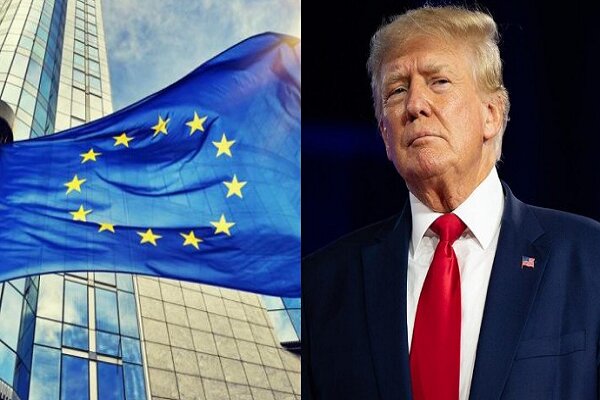
EU’s Bold Response to Trump’s Tariff Announcement: Insights from French Foreign Minister
European nations are urged to unite against potential US tariff threats, as highlighted by French politician Barrot. He emphasizes the importance of defending European interests and advocates for diplomacy over conflict, recalling past tariff impositions under Donald Trump in 2018. Trump recently announced plans for a 25-percent tariff on steel and aluminum imports, along with potential “reciprocal tariffs.” This situation raises concerns about retaliatory measures and economic repercussions for Europe. Analysts warn of increased consumer prices and strained relationships, prompting European leaders to consider coordinated responses, such as counter-tariffs and enhanced trade negotiations, to safeguard their economies.
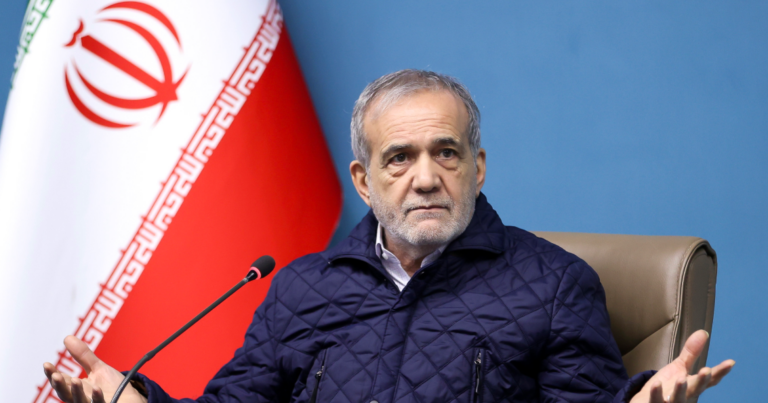
Iran’s President Reveals Ongoing Reliance on Harmful Fuel Oil to Ensure Gas Supply Stability
Iranian President Masoud Pezeshkian announced the difficult decision to burn mazut, a highly polluting fuel, to maintain household gas supplies amid an energy crisis. He acknowledged that avoiding mazut use was not feasible without cutting off gas to homes, as consumption levels exceed those of other countries. This decision has sparked debates on Iran’s energy policies and environmental impact. Despite promises to phase out mazut, its use has surged, raising concerns about air quality and public health. The situation underscores the tension between immediate energy needs and long-term environmental sustainability as Iran struggles with rising pollution levels and health risks.

Iran Proposes Independent Port Offices to Boost Regional Trade with Neighbors
Seyyed Abdolrasoul Mohajer Hejazi, an official at Iran’s Ministry of Foreign Affairs, announced Iran’s readiness to assist neighboring countries in establishing independent port organizations at Bandar Abbas during the inauguration of the Tehran-Aprin Dry Port Terminal. He emphasized Iran’s strategic position as a logistics hub for landlocked nations, including Central Asian countries and Russia. Hejazi noted the UAE’s potential to access Central Asia via Iran’s routes and revealed that the Chabahar-Zahedan railway will be operational by year-end. These initiatives aim to strengthen regional connectivity, enhance trade dynamics, and solidify Iran’s role in international logistics and economic cooperation.
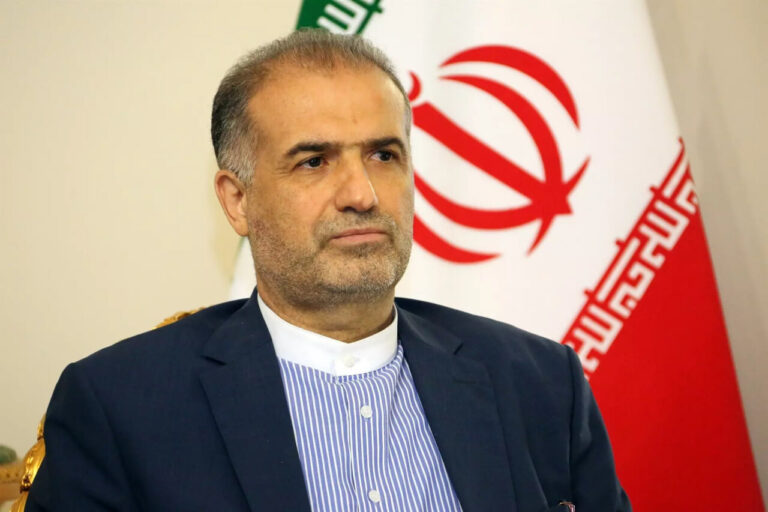
Iran’s Envoy Highlights BRICS’ Crucial Role in Shaping the Future of Global Politics
Iran’s Ambassador to Russia, Kazem Jalali, highlighted the growing influence of the BRICS group in global dynamics during a Moscow press conference. He emphasized the bloc’s focus on de-dollarization, predicting a decline in the US dollar’s dominance in central bank reserves from 58% to 35-40% by 2030. Projections suggest BRICS nations will account for 48% of global GDP and 25% of global exports by the same year. With the group set to expand from five to ten members in 2024, Jalali noted that BRICS could significantly reshape international relations and economic strategies, offering alternatives to Western financial systems.
